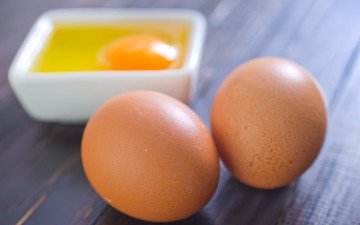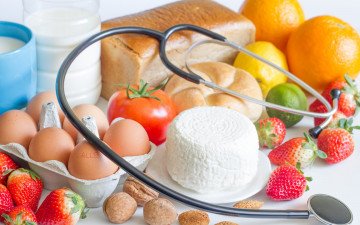
Eating Eggs During Pregnancy
Frequently Asked Questions
Can Pregnant Women Eat Eggs?
It is safe for pregnant women to eat eggs as long as the eggs are completely cooked or pasteurised. Pregnant women can enjoy cooked eggs however should be aware to avoid raw eggs in foods such as aioli, homemade mayonnaise, cake batter or mousse. Mayonnaise and aioli bought commercially are generally safe as they are heat-treated to destroy any potentially harmful bacteria.
How Many Eggs Can a Woman Eat During Pregnancy?
Pregnant women can enjoy eggs daily as part of a healthy, balanced diet that also includes plenty of vegetables, fruit, wholegrains and a variety of protein-rich foods like eggs, lean meat, chicken, fish, legumes, nuts and seeds as well as healthy fats such as avocado and olives.
If you have gestational diabetes or high LDL cholesterol levels the Heart Foundation recommends limiting egg intake to 7 eggs per week.
What Are The Benefits of Eating Eggs During Pregnancy?
Because they are packed full of quality protein, and essential nutrients, eggs provide a great way to help contribute to a woman’s daily nutritional needs while pregnant.
Eggs contain 13 different vitamins and minerals, omega-3 fats, antioxidants and are a rich source of quality protein, which are essential for the healthy development of the baby. Just one serve of eggs provides almost 100% of the additional protein requirements women need during pregnancy.
 >
> 





